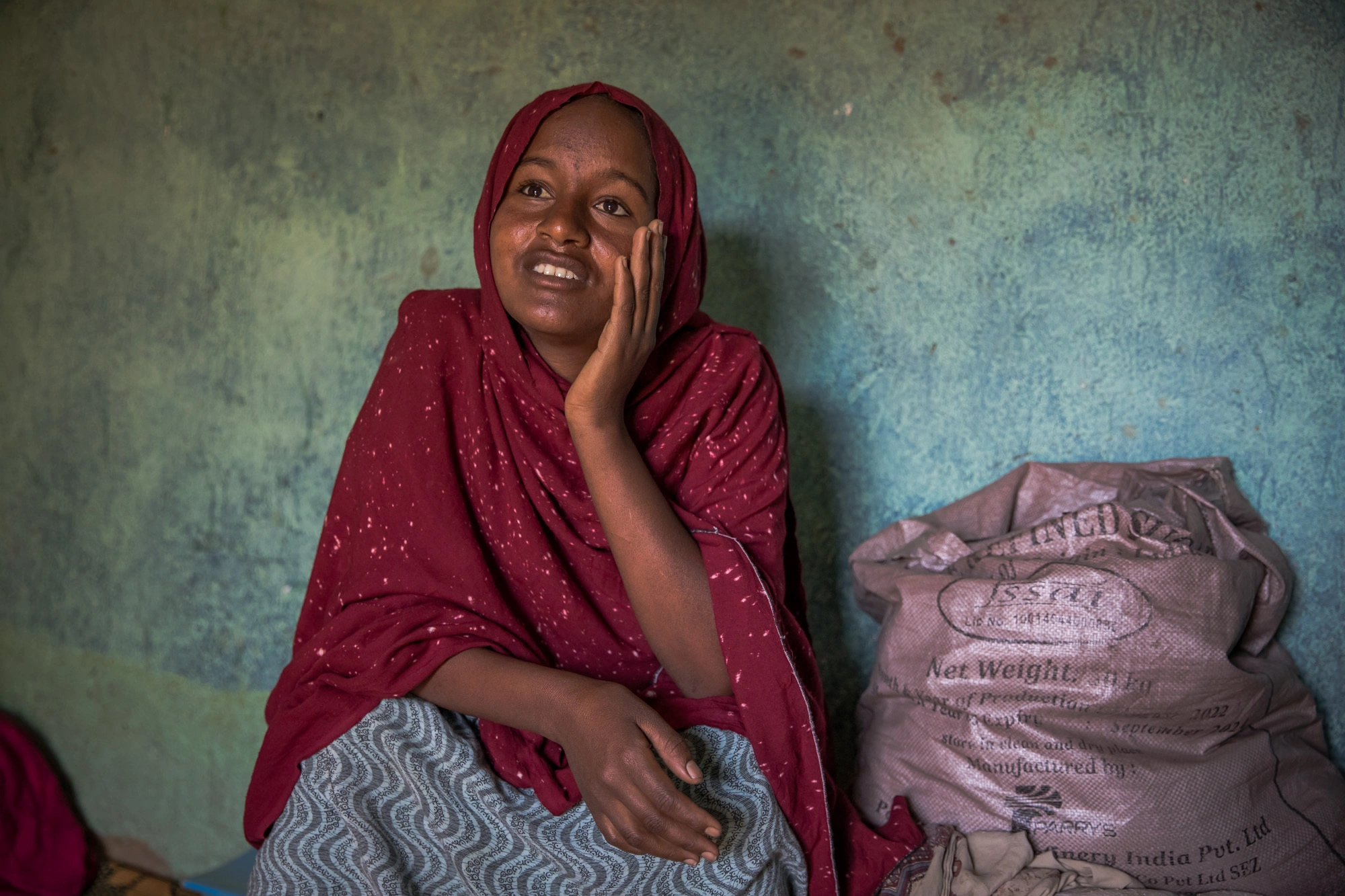Reflections on presenting GAGE lifecourse research at the 2025 SLLS Conference in Fribourg
25.09.2025
Author: Sarah Alheiwidi
From September 8 to 10, 2025, I had the distinct honour of presenting at the 14th Annual International Conference of the Society for Longitudinal and Lifecourse Studies (SLLS), held at the University of Fribourg, Switzerland. Under the theme ‘Lifecourse transitions and patterns: stronger evidence for better policies,’ the conference examined how social, family, economic, healthcare, environmental and occupational policies shape individuals’ life trajectories.
Attending the conference was, in itself, a transformative learning experience. I discovered longitudinal studies that have spanned decades, many of which I had not previously encountered in my academic work. Gaining exposure to these sustained, multi-decade projects expanded my understanding of the depth and complexity that lifespan research can achieve.
I also attended multiple sessions closely aligned with my background in psychology and mental health, including discussions on how early life transitions affect psychological outcomes years later. These talks resonated deeply, as they reaffirmed the relevance of my own academic discipline within the broader lifecourse research community.
These experiences made the conference feel like a significant educational milestone—not just a platform to present, but a real opportunity to absorb knowledge, network across disciplines, and see how qualitative insights can enrich existing lifecourse research.
I presented on Early marriage over the lifecourse: a qualitative focus on girls’ experiences from Jordan— a central highlight of my presentation was the focus on qualitative research, rather than the more common quantitative-only approach. By using rich, narrative-driven data over participants’ lived experiences, the case studies I presented afforded deeper insights into how early marriage intersects with psychological well-being, social expectations, and identity formation across time.
Presenting this perspective at SLLS was meaningful because the society traditionally emphasises longitudinal, quantitative methodologies—cohorts, panels, records, and statistical analyses. This contrast allowed me to showcase how qualitative frameworks can complement quantitative findings.
This approach complemented the conference’s overarching goal: to generate stronger evidence for better policies—evidence that is informed not only by patterns, but also by individual meaning-making, psychological impacts, and cultural contexts. In doing so, our research added a qualitatively rich layer to discussions about lifecourse transitions.
This conference was more than an academic obligation—it was a turning point in my career. I learned new longitudinal studies, connected with scholars whose work intersects with mine, and strengthened my confidence in advocating for qualitative methodologies within the lifecourse research community.
Participating in the 2025 SLLS Annual Conference in Fribourg was an enriching, enlightening, and empowering experience, a great networking opportunity.
